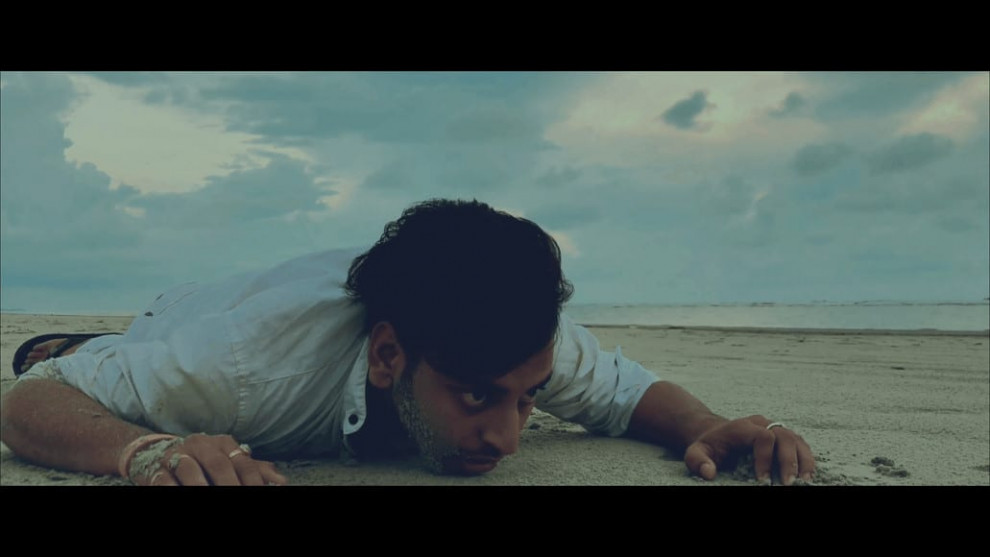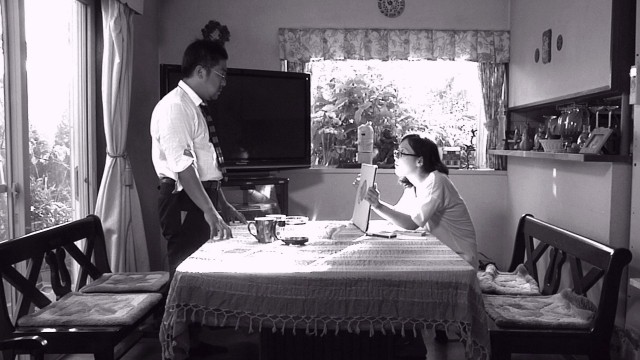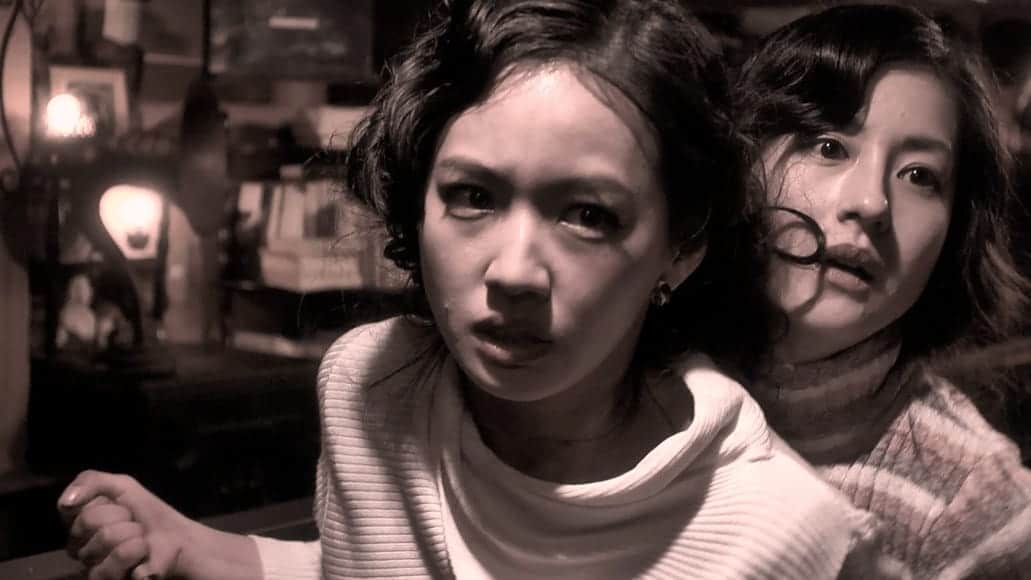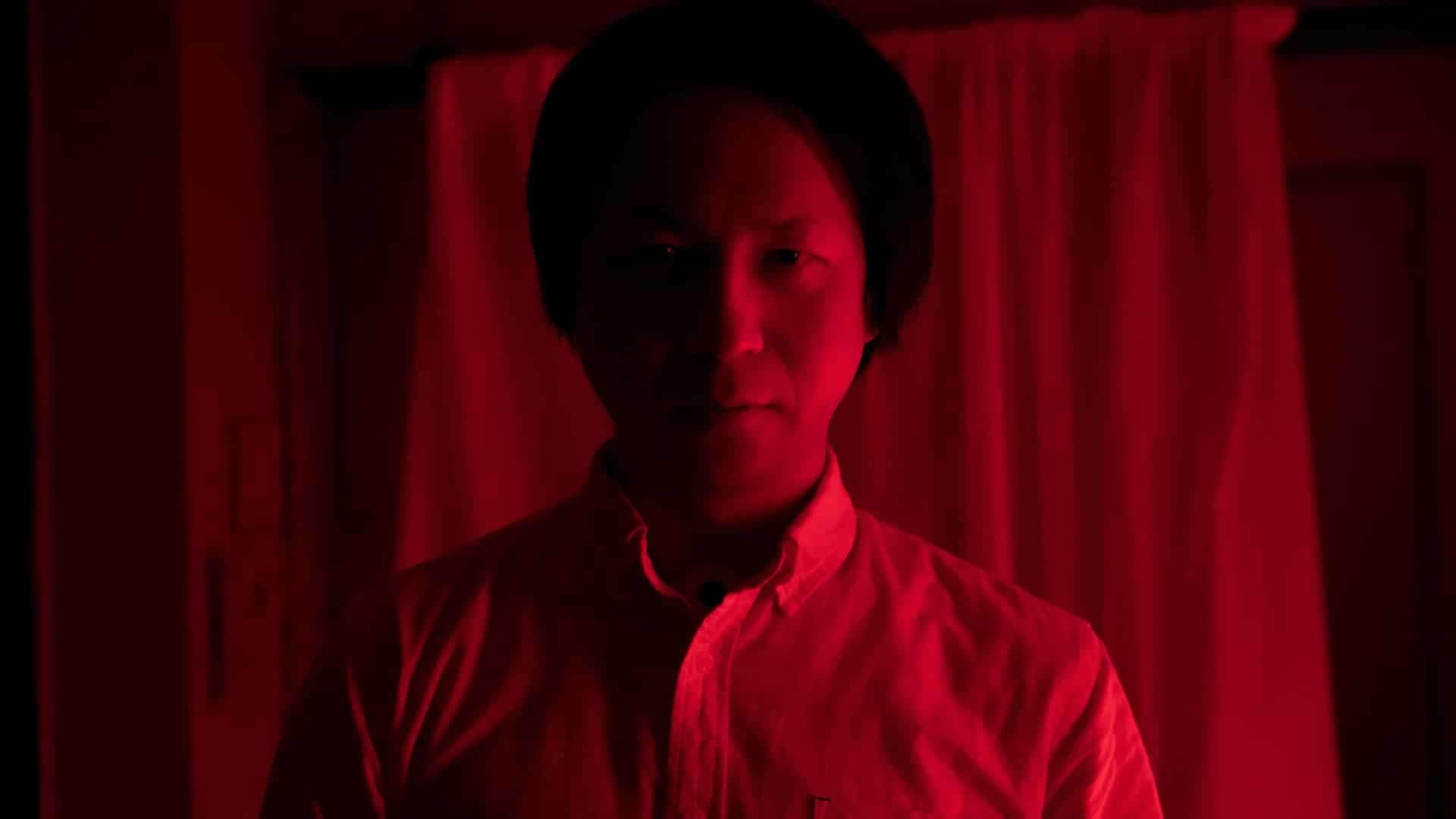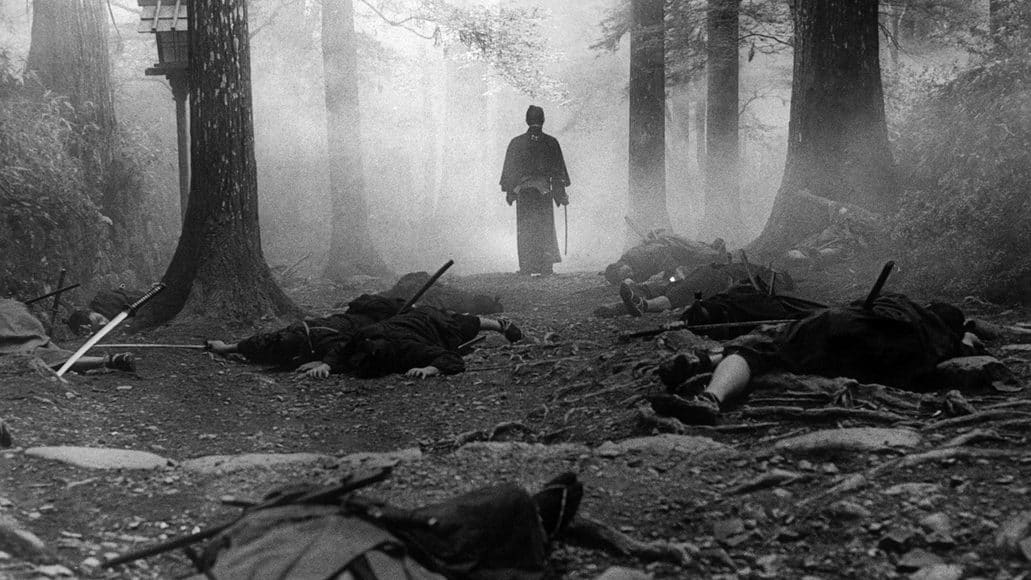“Where are all my people?”
If we take a look back at the previous months, the year 2019 seems not just like a logical consequence, but actually the next step into the madness of our times. Even though you should maintain a level of optimism and sense of progress, the sheer size of negativity around the world often makes that quite a difficult task for any person. Of course, much of this condition is due to a certain representation by media, politicians, as well as our leaders of economy and their behavior, but, nevertheless, the present seems quite bleak. In the end, the most pressing fear may just be the result of this vision of madness, the kind of future we have all begun to build and will experience in the years to come.
In his short feature “Godhulibela”, or “Era of Cows”, Indian director Illmaz Syed takes on this perspective. Considering the political and social upheavals in his home country, there is no lack of subjects a filmmaker can tackle, all of which create a dark picture of the present as well as a gloomy vision for the future. However, his feature remains more of a universal tale, a minimalist parable about the feeling of powerlessness as we face what many of us feel is inevitable: the wasteland of the future we have created.

At the beginning of the film, a landlord (Prosun Saha) wakes up from his sleep to find himself stranded on a lonely beach. As he slowly starts to walk around the area, he looks for other people, eventually screams for someone to come and meet him. Finally, he sees a woman (Mishka Halim), who tells him about the state of the world, about the events he has started in the past and then missed while he was asleep. The landlord learns about the kind of man he was to his people and how he is responsible for the condition of the world as it is.
Although “Godhulibela” is mainly driven by the dialogue between the two main characters, it is the setting of the film which establishes the foundation of the story. Considering what has happened to the world of the film, you would imagine the setting being bleaker and more desolate, but the fact Syed sets all of his feature at the beach is quite intriguing. While the dialogue mentions topics, which are specific for the director's home country, for example the conflict between Hindus and Muslims, the presence of the ocean, the sound of the waves hints at a more allegorical reading of his film. In the end, the landlord and the lady become characters resembling the man from the country and the doorkeeper in Franz Kafka's “Before the Law”, especially since the landlord has to face the consequences of his actions (or rather inaction).

Needless to say, the viewer keeps a certain distance towards the characters, especially Prosun Saha's landlord whose cries for assistance and company become more like the screams of a man in search for some kind of defense. Given the abstract, minimalist setting, the true confrontation takes place in the mind of the viewer, an interpretation further emphasized by Syed's use of close-ups and his writing. Therefore, when Mishka Halim's character talks about people made “docile” and “tame” like cows, these comparisons are directed at the audience, posing the question whether we have allowed ourselves to become the silent majority that keeps quiet while our world is being destroyed.
In conclusion, “Godhulibela” is a provoking allegory about the kind of events we allow to happen as well as an accusation to those in charge paving the way for the version of the future the film shows. With its short running time and good performances, the film is quite a powerful statement which is not only directed at India but the world as a whole.


